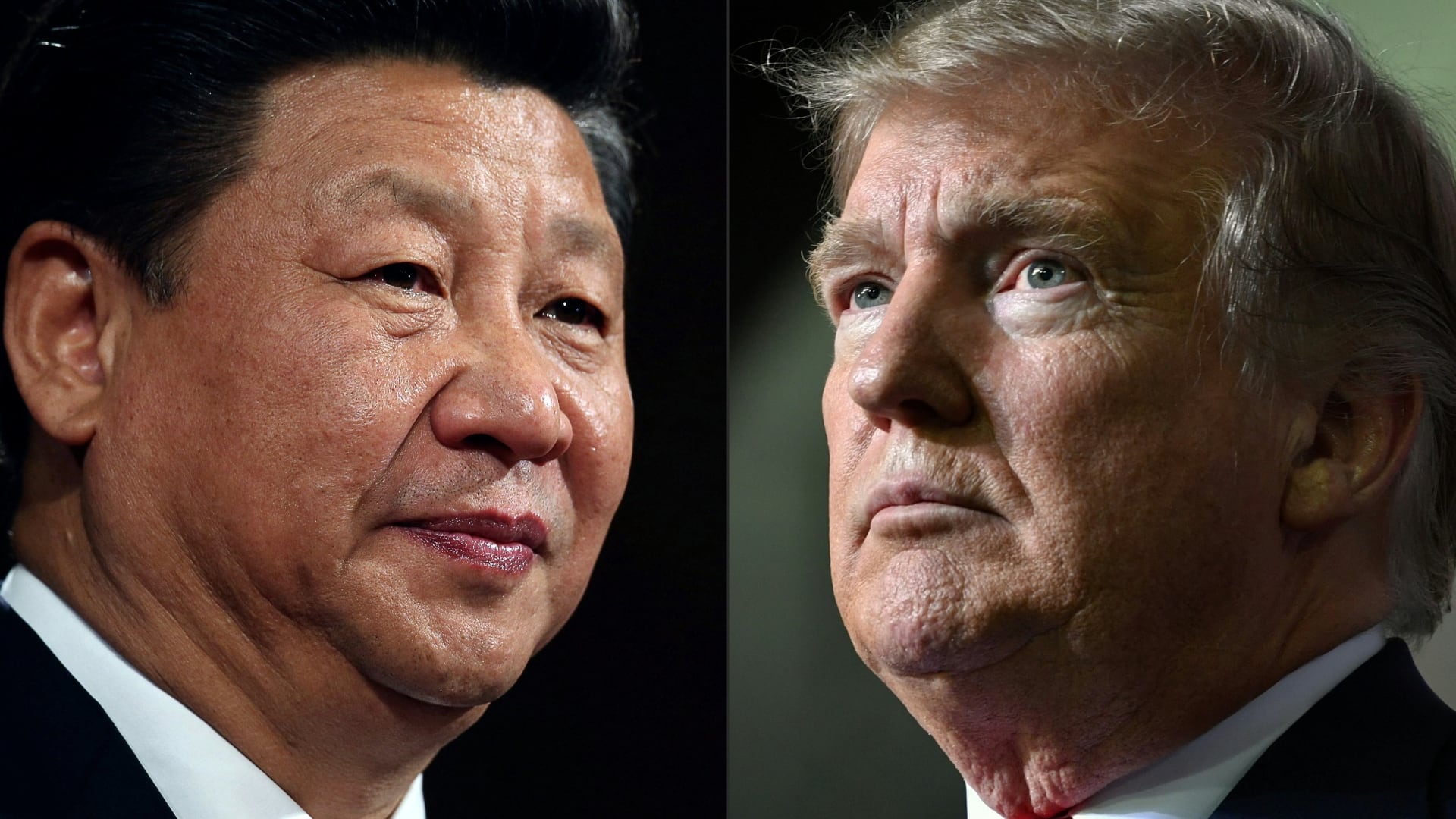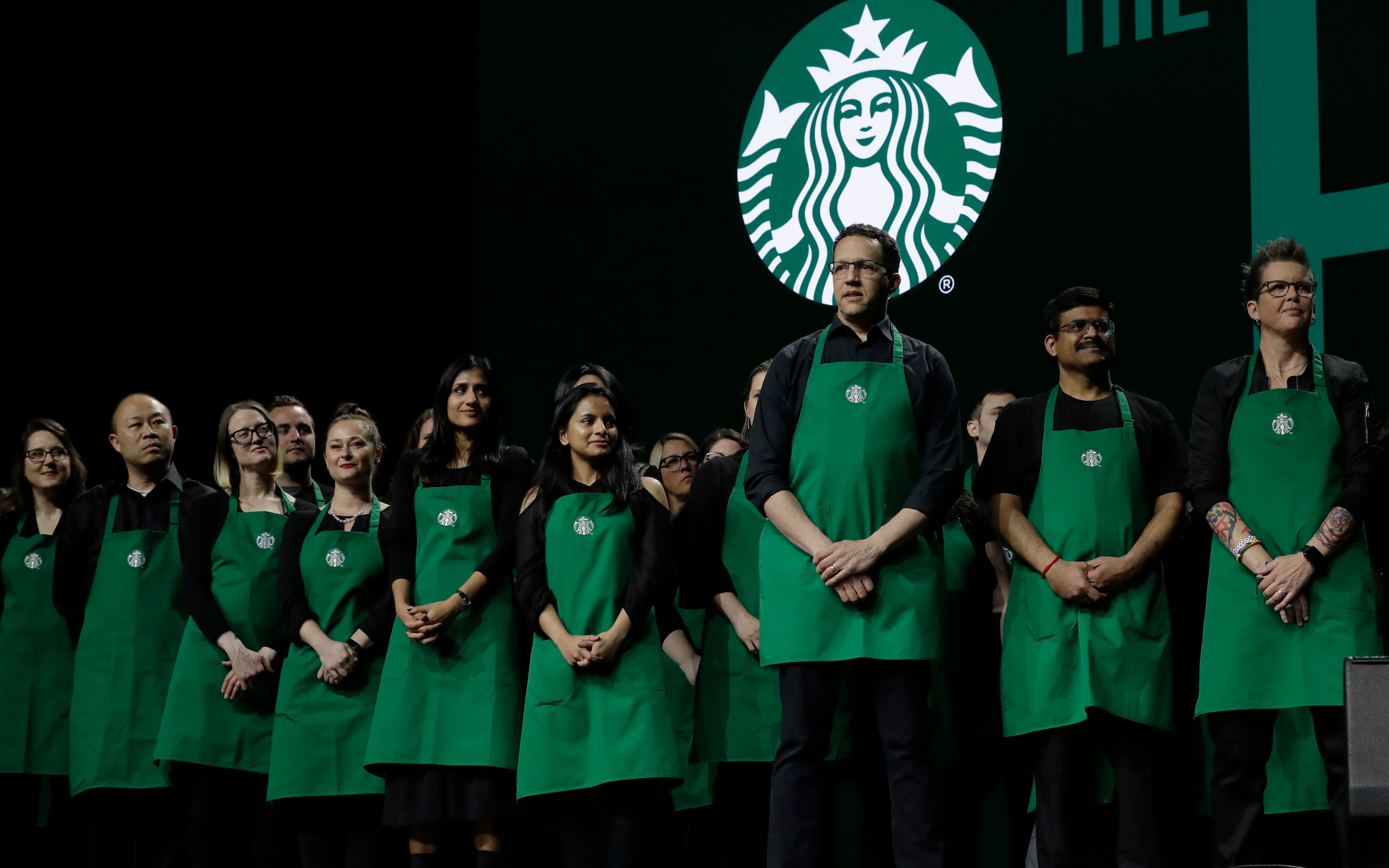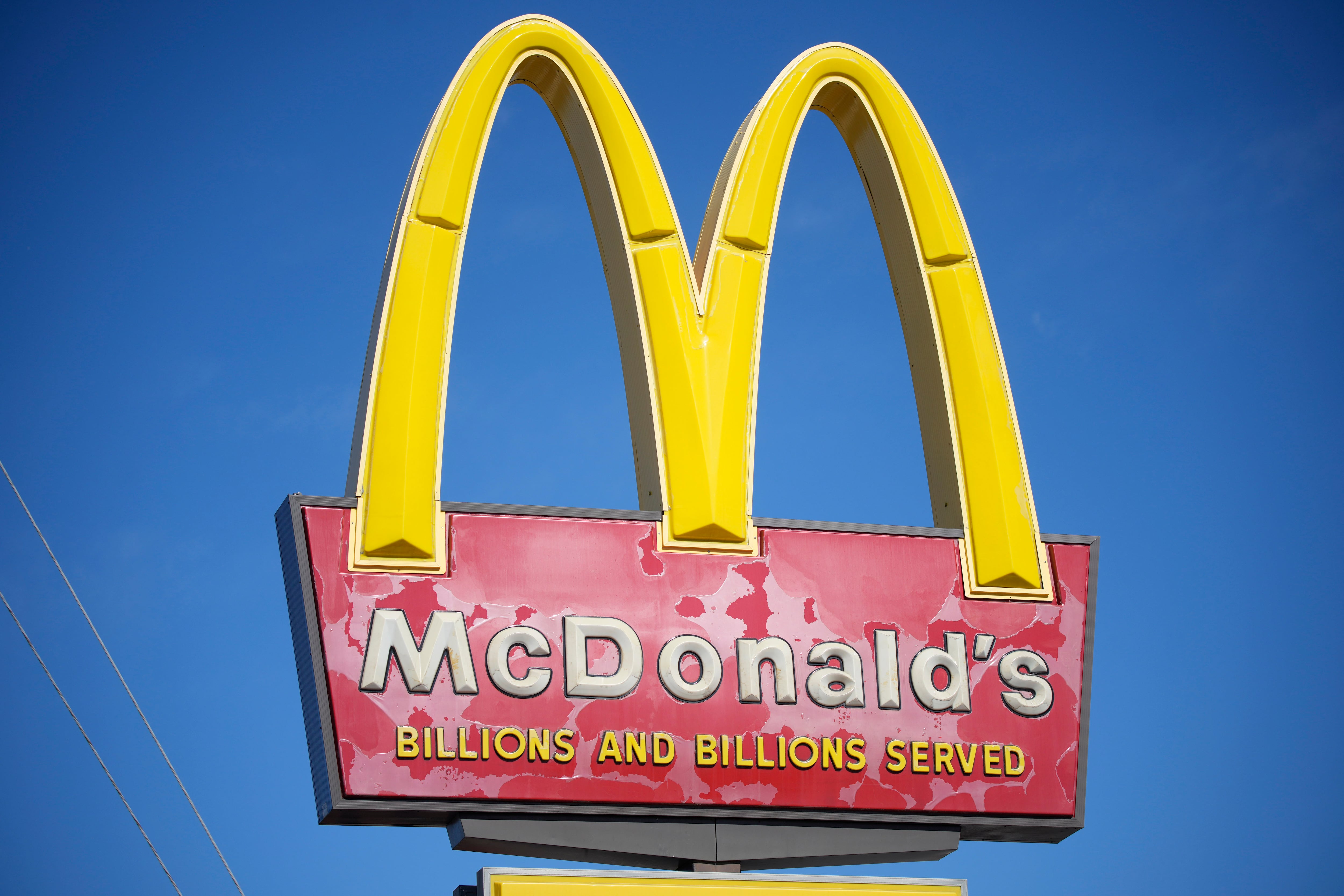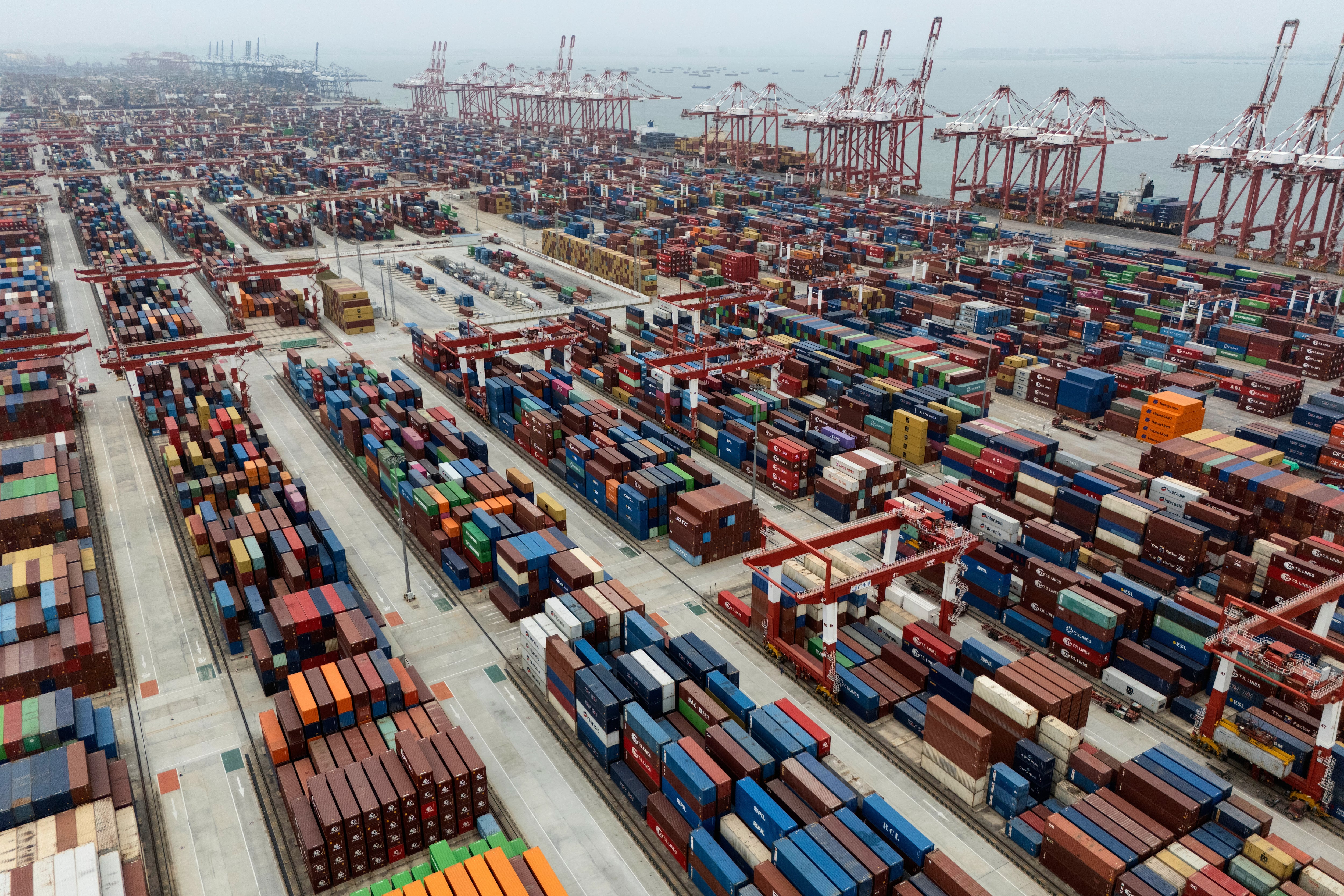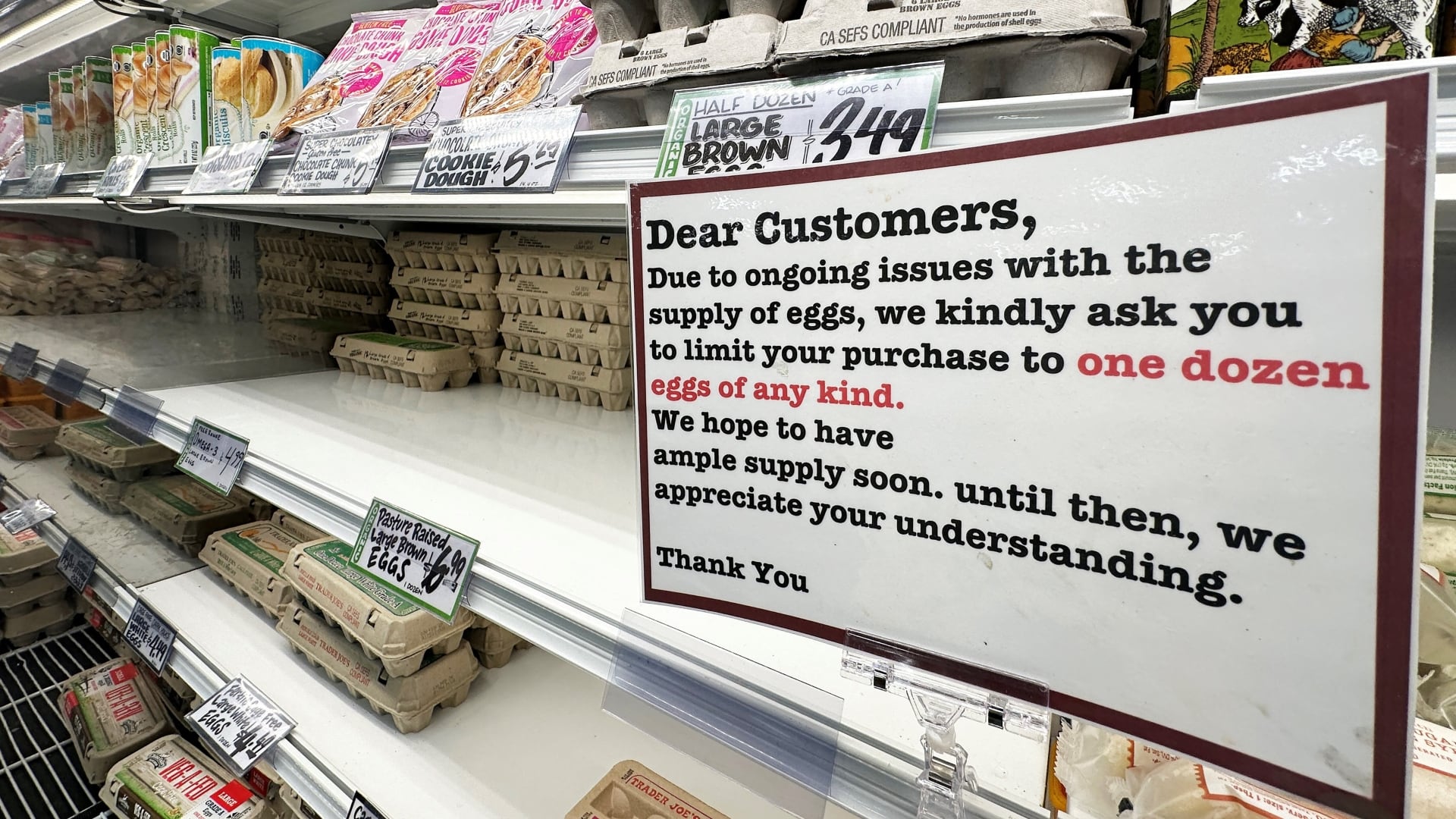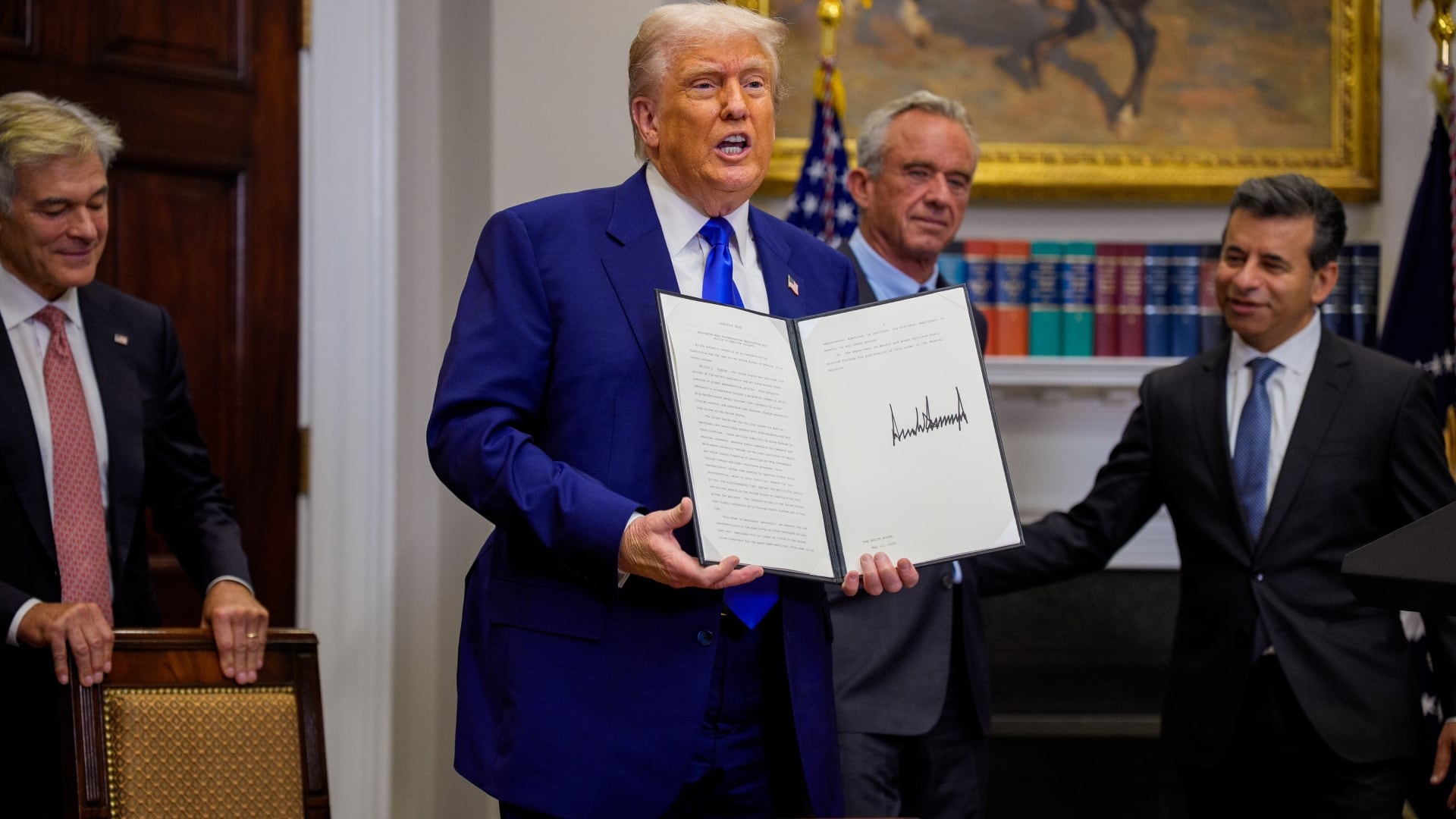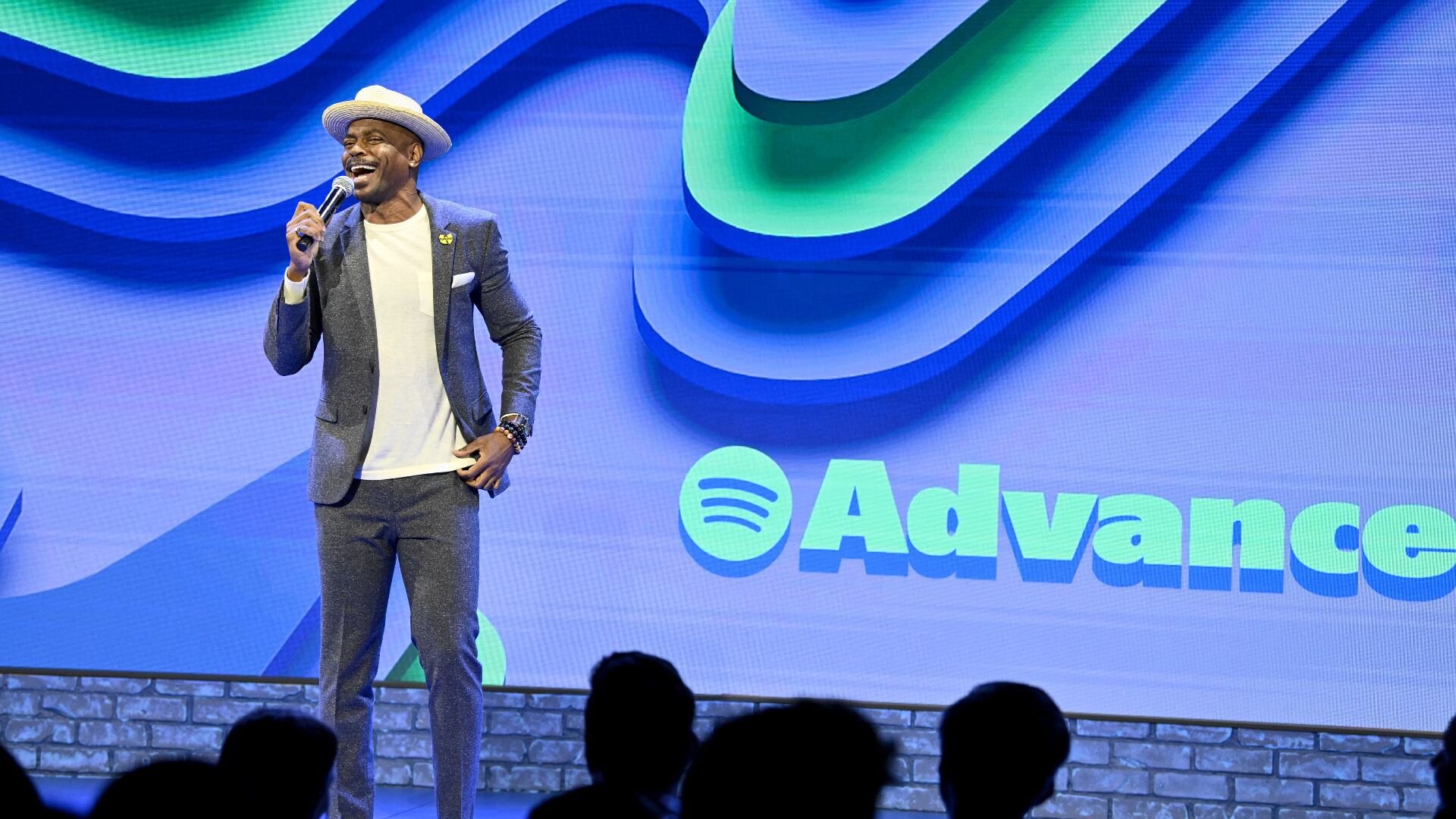In an industry dominated by e-commerce and celebrity influencers, the "direct selling" model of cosmetics sales ー armies of people, usually women, going door-to-door with suitcases full of samples ー may seem anachronistic, to say the least. But Natura, the Brazilian beauty giant, is doubling down on the belief that it can make direct-sales a compelling business model in the digital age.
Natura announced it had completed its acquisition of rival Avon Products on Monday, creating the fourth-largest pure play beauty conglomerate in the world. Avon joins The Body Shop and Aesop in Natura's portfolio of beauty brands.
Natura and Avon had been sizing each other up for a decade, said Natura Chairman Roberto Marques. "We finally got it done."
The combined company will create $200 million to $300 million in cost savings over the next three years, Marques said. He said Natura plans to reinvest some of that capital into three areas: branding, product development, and digitization.
That last area is where Natura needs to reinvent itself. While the company remains hugely popular in Brazil, partly due to policies that protect the direct-sales model from online competition, it faces an extremely crowded space in other markets, from Coty to Sephora.
The cosmetics industry has been upended by the rise of social media, with celebrities like Kylie Jenner turned into billionaires practically overnight on the strength of their online followings ー a trend that was largely missed by the direct-selling industry. Marques told Cheddar he believes Natura can leverage its millions of consultants, sellers and beauty reps and turn them into their own "microinfluencers" with small but loyal followings. If each Natura seller has just 50 followers, that's a global reach of 300 million consumers, he noted. "Instead of one Kylie Jenner, we're going to have 6.4 million microinfluencers."
With the acquisition, the concept of the "Avon lady" that dates back more than a century, will be changing with the times. "Avon is evolving from ding-dong, to click-click," Marques said.
